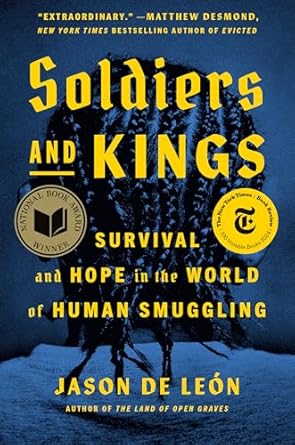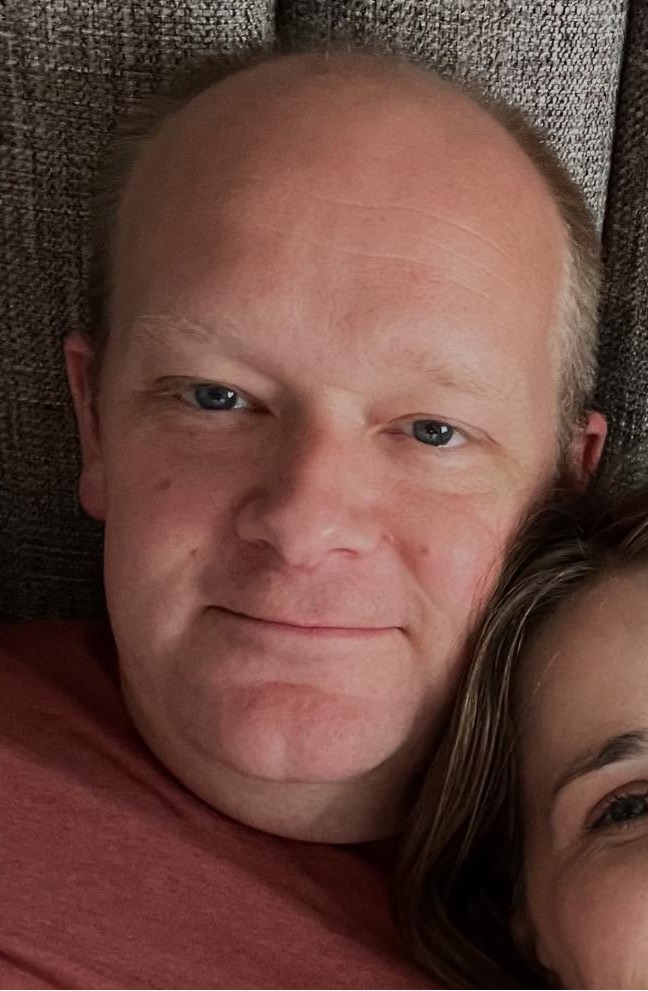
ISBN-13 : 978-0593298589
Anyone looking at Neri Alvarado Borges’ tattoo knows there must be deep meaning behind it. Shaped like a loop of ribbon, it features a rainbow of colors and the cursive name of Alvarado’s younger brother, Neryelson. The jigsaw-puzzle pattern overlaid on the ribbon is the giveaway. The tattoo is a symbol of autism awareness.
And yet, when Immigration and Customs Enforcement (ICE) officials picked up Alvarado outside his Texas apartment in early February, it was his three tattoos that betrayed him. As Mother Jones reported last month, Alvarado told a friend ICE agents were fixated on his body art.
“Well, you’re here because of your tattoos,” the ICE agent reportedly told Alvarado. “We’re finding and questioning everyone who has tattoos.”
Though the first agent who questioned Alvarado apparently saw no evidence tying Alvarado to gang activity, the Venezuelan national was nonetheless sent to El Salvador’s infamous Terrorism Confinement Center (CECOT). A tattoo—any tattoo—was evidence enough.
Though published nearly a year before the Trump Administration’s crackdown on Venezuelan migrants, Jason De León’s Soldiers and Kings: Survival and Hope in the World of Human Smuggling is imbued with a prescient awareness of the imagery and stereotypes that have had such a dramatic impact on the lives of Alvarado and many like him. In the early pages of the book, De León, an anthropologist at the University of California, Los Angeles, goes to great pains to dismantle any misconceptions on the part of his readers:
“For many Americans (and the anti-immigrant politicians they support), MS-13 and other transnational gangs have come to play an important role as the tattooed, machete-wielding bogeymen whose supposed threat to suburbia makes a strong case for tougher immigration security measures. What many fail to realize is that it’s not MS-13 trying to climb over a border wall or trudge through the desert. Those seeking refuge from Honduras tend to be the youngest and poorest people whose lives are at risk from gang violence.”
Likewise, the subjects of De León’s book are not human traffickers who kidnap people and force them into lives of servitude. Rather, Soldiers and Kings is about guías, guides hired to transport small groups of people fleeing poverty, violence, or worse. Guías are skilled at navigating the physical and human barriers lurking between Central America and the southern U.S. border. They are also skilled at extracting as much money as possible from their clients. (They may not be machete-wielding gang members, but they’re also not angels.)
De León, who spent nearly seven years embedding with smugglers in order to write the book, adopts their preferred terminology of “guía” in part because he has no interest in hiding from complexity. The book is the story of a group of people that have been villainized, but it’s not a book about villains. Or more precisely, it’s not a book with easy categories of villain and victim.
Take Kingston, for example. We first meet the “O.G.” veteran on the guía circuit when he charges into a bar fight to save De León from an angry Russian. We later learn that Kingston was orphaned at age 12, forcing him into life as a street hustler, then gang member, then child soldier in the Honduran military. In an American context, one might assume the military would be Kingston’s saving grace. But this is not that kind of story. For Kingston, recruitment into the military comes at the behest of a Honduran government eager to earn cash by fulfilling the U.S.’s Cold War priorities in the region. Kingston’s life as an adolescent soldier does not rehabilitate him, but it does set him up for success: as a skilled, disciplined criminal.
“I was a little kid doing crazy shit in the army,” Kingston tells De León. “They knew I would do whatever they wanted, so they put me in a special unit with other crazy motherfuckers.”
De León himself does not fit into easy categories. He takes pains to distinguish between his profession—anthropology—and the profession of journalism. While conceding there are parallels between his work and that of journalists, he argues that anthropology is “generally more self-aware and more concerned about positionality, representation, and the repercussions our work can have on people’s lives.” His method is known as “participant observation,” a way of deeply engaging with his subjects to build trust and rapport, while also maintaining just enough detachment to objectively chronicle the lives of his would-be friends.
That “participant observer” status meant De León did not shy away from drinking well into the night with his subjects, even as he limited his time with the guías to avoid participating in activities that directly violated the law. Yet, De León cannot quite extricate himself as much as he would like. Late in the book, De León discloses that he occasionally sends money to help out his subjects. It’s standard practice in anthropology, De León insists, to compensate subjects for their time in the form of cash or gifts. Yet, near the end of the book, it becomes problematic. At one point, Kingstonsends De León a transparently staged ransom video in hopes of pressuring De León to send his “kidnappers” money. The author sees through it.
“I wonder how high he must be to make this video and believe it will be convincing,” De León quips.
Soldiers and Kings is not a simple read. De León humanizes his subjects, but he does not edit out their involvement in drugs, extortion, and violence. He makes plain the fear and loss and hopelessness that forces people to make the journey north, but he does not conceal the fear and loss and hopelessness that abound on the journey itself.
At its best, the book challenges readers to accept complexity at a moment in history when most people seem content with easy answers. Indeed, the book arrives at a moment when many Christians are all too addicted to easy answers. It’s easy to paint one political party as good and the other as evil. It’s easy to assume a person in poverty or addicted to drugs probably deserved it. It’s easy to believe our role as Christians is to keep our noses clean so we’ll get to Heaven one day, even as we ignore the needs of people wading through the muck and the mud of a fallen world.
It’s also easy, I suppose, to assume any immigrant with a tattoo—any tattoo—must be a violent gang member. Easy, that is, but not particularly helpful, and certainly not Christlike.


One Response
Excellent and timely review, Jared, especially your thoughtful connection to the unjust deportation of Neri Alvarado Borges.